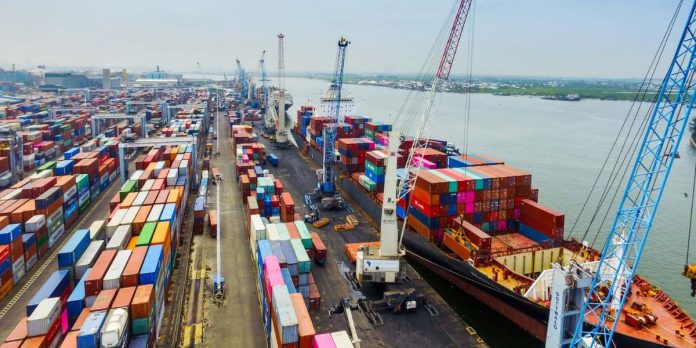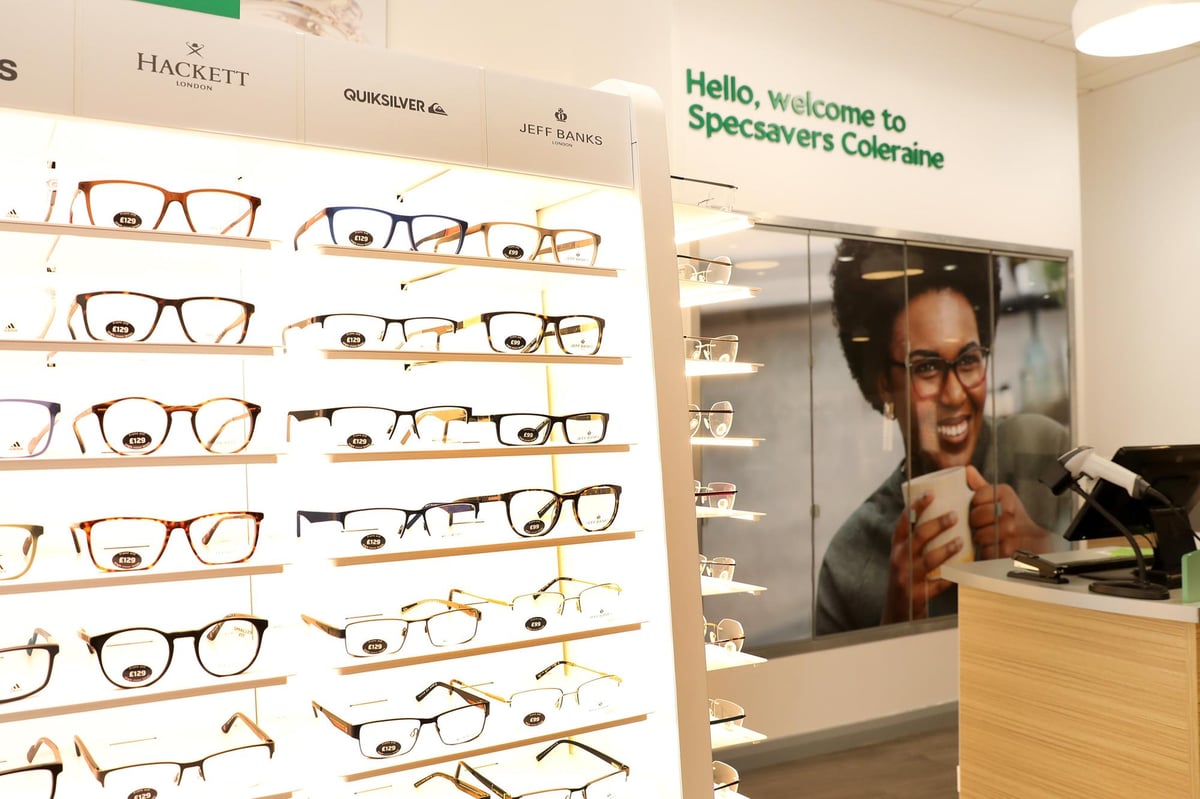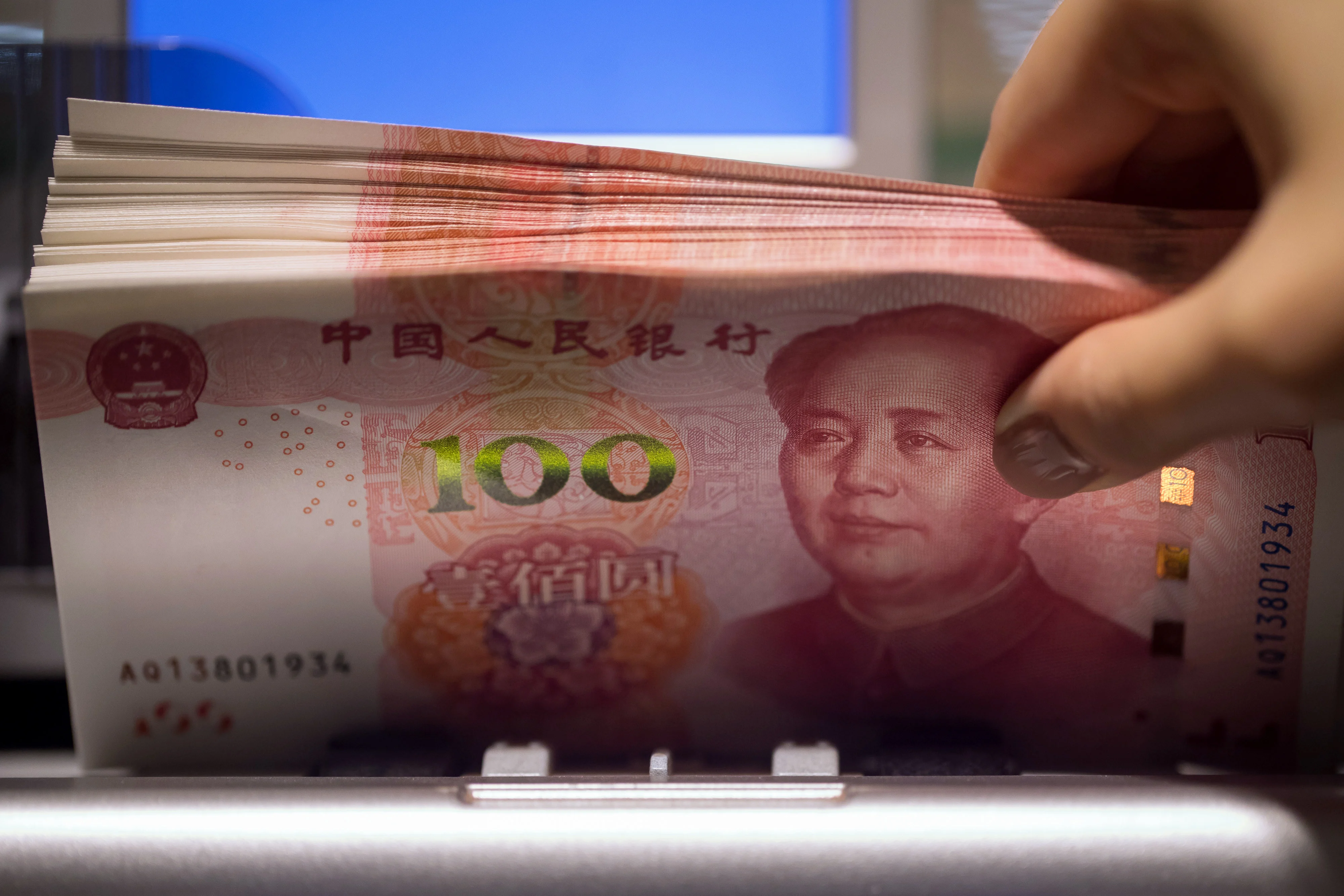By Ufoh Awele Anthony
Copyright independent

Anthony Ufoh
Adegboyega Oyetola, the Minister of Marine and Blue Economy, has stressed that the private sector will have to play a major role in the modernisation of Nigeria’s seaports because ,according to him, the Federal Government cannot be left to shoulder the responsibility of developing the seaport alone.
Oyetola also mentioned that the private sector should be in synergy with the Federal Government in sustaining security in the maritime sector of the Nigerian economy and help to build a climate-resilient superstructure.
He added that it would take innovative partnerships, international financing mechanisms, and strong private sector engagement to translate policy into measurable outcomes.
He added that it would take innovative partnerships, international financing mechanisms, and strong private sector engagement to translate policy into measurable outcomes.
The former Osun State Governor, in a recent statement by his Special Adviser, Media and Communications, Dr Bolaji Akinola, stated this during the 3rd Quarter Citizens’ and Stakeholders’ Engagement of the Ministry and its agencies.
He explained that finance remains the decisive factor in transforming Nigeria’s bold new vision for its marine and blue economy into tangible impact, stressing that without sustainable investment, the country risks leaving its vast marine resources underutilised.
He said, “Vision without financing remains no more than a dream. Government alone cannot shoulder the immense responsibility of modernising Nigeria’s ports, sustaining maritime security, expanding aquaculture, or building climate-resilient infrastructure.
“It would take innovative partnerships, international financing mechanisms, and strong private sector engagement to translate policy into measurable outcomes.
In recent years, Nigeria has begun to prioritise its marine and blue economy as a strategic lever for economic diversification, job creation, and climate resilience. The blue economy refers to the sustainable use of ocean and aquatic resources for economic growth.
With over 853 km of coastline, extensive inland waterways, and access to the resource-rich Gulf of Guinea, Nigeria holds massive untapped potential in this domain.
In May 2025, the Federal Executive Council approved Nigeria’s first-ever National Policy on Marine and Blue Economy, which outlines a 10-year plan for inclusive, sustainable growth across maritime-related sectors.
Considering the size of investments in the sector, there is an urgent need for innovative partnerships, including private sector investment, blended finance, and international capital through instruments like blue bonds and Public-Private Partnerships.
Oyetola noted that the Federal Executive Council’s approval of Nigeria’s first-ever National Policy on Marine and Blue Economy in May 2025 had created a clear roadmap for growth, but that the next critical step lay in mobilising the capital needed to achieve results.
According to him, the new policy envisions economic growth across a wide range of sectors, including shipping, fisheries and aquaculture, marine tourism, coastal infrastructure, renewable energy, and ocean research.
Oyetola stated that in the first quarter of 2025, the Central Results Delivery Coordination Unit awarded the ministry a performance score of 96 per cent, while in 2024, the Presidential Enabling Business Environment Council named it the best-performing ministry in the country.
“These achievements demonstrate the government’s capacity to deliver, but scaling up requires unlocking far greater resources,” he said.
Nigeria, he noted, has sustained a piracy-free record for more than three years in the Gulf of Guinea, a feat made possible through investments in the Deep Blue Project.
“Rehabilitation and modernisation of Lagos ports are underway, designed to attract larger vessels, cut down turnaround time, and create thousands of jobs, with similar initiatives planned across the country,” he stated.
He said consultations with fisheries associations earlier in the year are driving the scaling of aquaculture, the development of fish harbours, and the deployment of satellite monitoring systems.
According to him, these interventions have already contributed to Nigeria’s economic diversification agenda, with non-oil exports rising by almost 20 per cent in the first half of the year.
He reiterated that the marine and blue economy must not be seen as a government-only endeavour but rather as a shared prosperity project in which finance is the lever that will draw in long-term private capital, align practices with international standards, and ensure that every stakeholder effort complements the national 10-year policy.
Oyetola said, “With policy clarity, proven results, and demonstrated capacity, what Nigeria now requires is scale, and for that, finance is indispensable. Distinguished stakeholders and partners, let us be clear: the Marine and Blue Economy is not solely a government agenda; it is a shared prosperity project.
“Finance is the lever that will attract long-term private capital, align our practices with global standards in PPPs, bonds, and blended finance, and ensure every stakeholder initiative complements the 10-Year National Policy for maximum impact.”
Oyetola stressed that Nigeria’s path from policy to impact requires aligning ambition with resources, strategy with execution, and vision with impact.
“With collective commitment and innovative financing,” he said, “Nigeria is well placed to secure leadership in Africa’s marine and blue economy and to generate the prosperity, jobs, and environmental resilience that its citizens deserve.”
Earlier, the Permanent Secretary of the Ministry, Olufemi Oloruntola, while addressing the gathering through a technical presentation titled ‘Imperatives of Public Investment for Marine and Blue Economy Development’, described public investment as essential seed capital that de-risks private participation, strengthens regulatory institutions, and aligns national priorities with long-term growth objectives.
Oloruntola warned that the current budgetary allocation to the marine sector is grossly inadequate when compared to the capital-intensive responsibilities of port modernisation, maritime security, fisheries, tourism, and renewable energy.
He therefore called for a dedicated blue economy fund, stronger public–private partnerships, and the adoption of blue bonds, green financing instruments, and development support from multilateral partners.
In his analysis, the Permanent Secretary outlined opportunities for Nigeria to harness, including the modernisation of seaports and inland waterways, support for indigenous shipping lines, expansion of fisheries and aquaculture, development of cruise terminals and ecotourism infrastructure, as well as investment in marine biotechnology and renewable energy.



